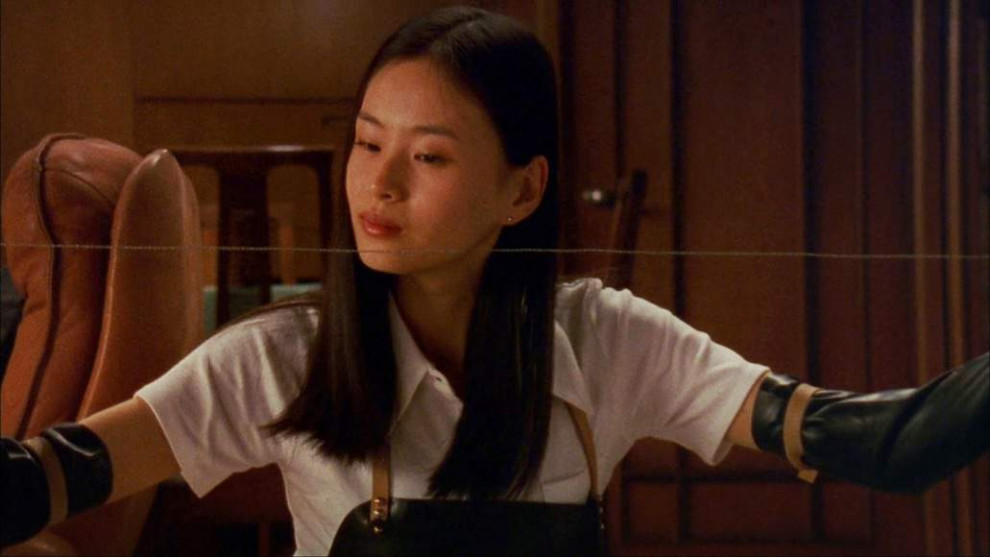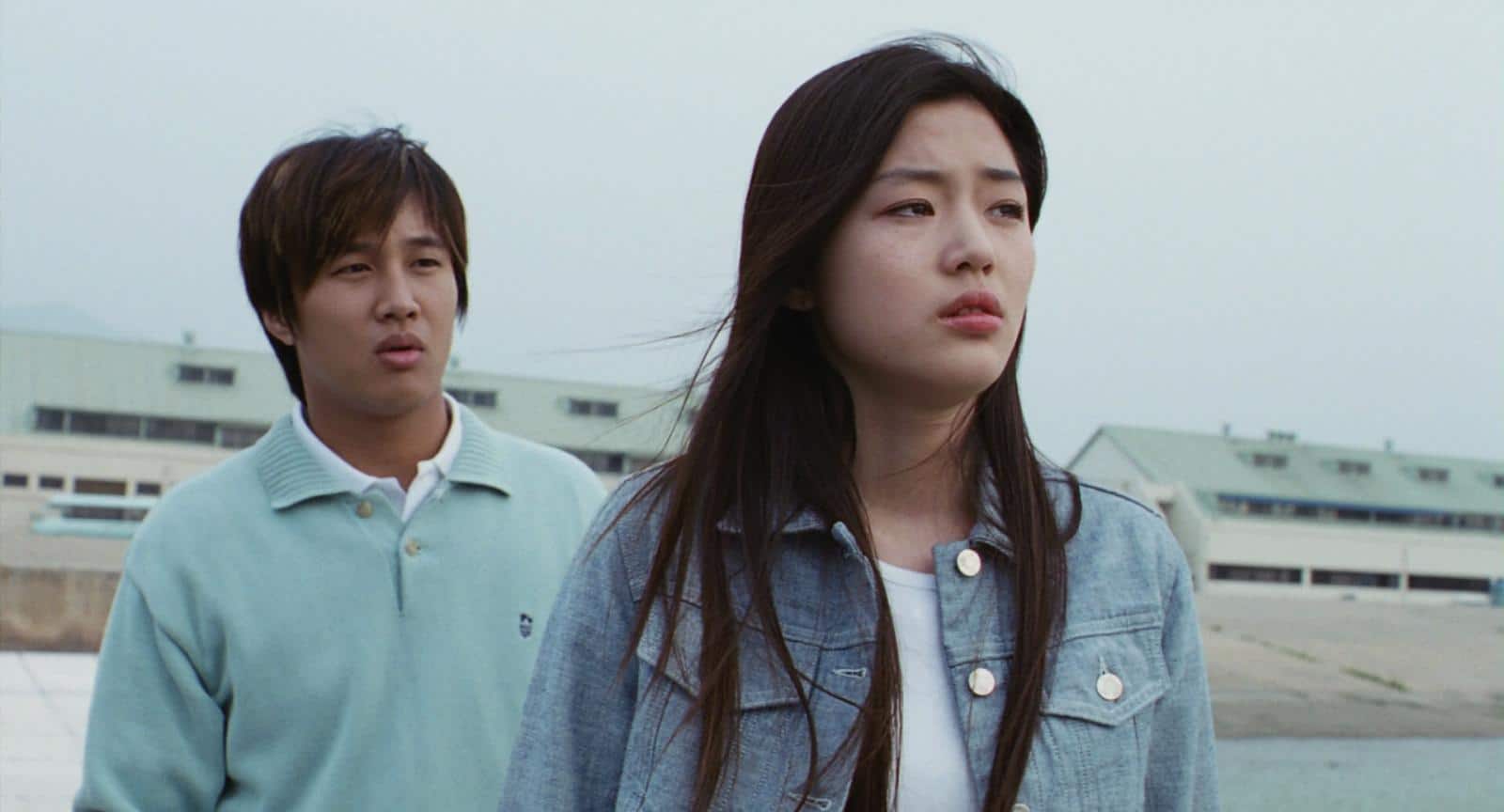Throughout his career, Takashi Miike was always considered a director-for-hire, meaning he would undertake almost any project he was commissioned to do. The result is that the films in his vast filmography differ significantly, to the point that it is difficult to fathom that all those works are actually from the same director.
On the occasion of MUBI streaming a number of his films, we have compiled a list of 10 titles that prove the chameleon-like directorial abilities of Miike, in the most eloquent way, as they include a superhero movie, a comedy, a horror, a children's movie, a splatter, a musical, an adaptation, a thriller, a western and a drama.
*by clicking on the titles, you can read the full reviews
1. Zebraman (2004)
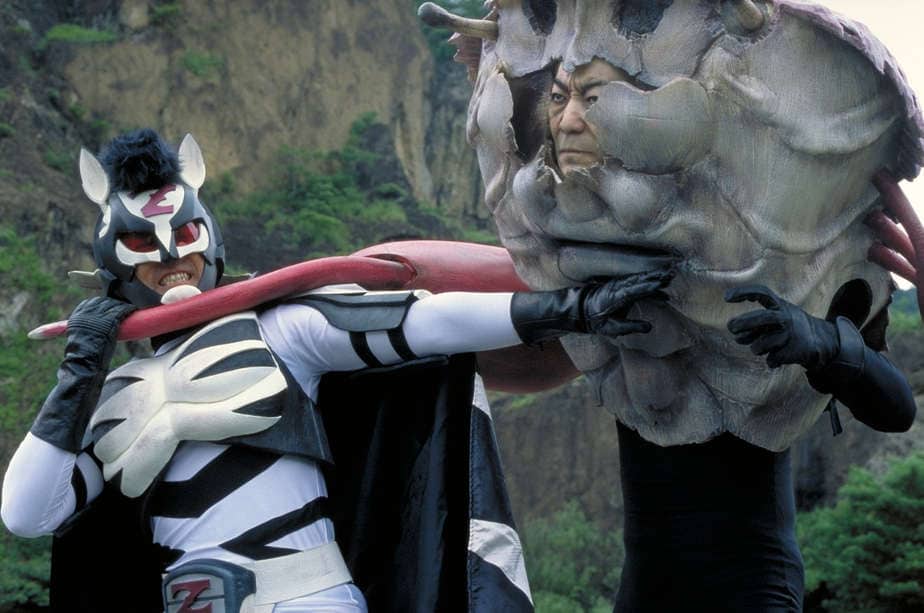
“Zebraman” deftly balances its outwardly dominant comedic nature with just enough underlying seriousness and genuine action to simultaneously provide sufficient superhero entertainment and drama while acting as a parody of the very kind of entertainment it's providing. Aside from actual fans of the genre, many remembering tokusatsu well enough including if they just watched it as kids or even if they ridiculed it (I fell somewhere in between, watching as a child but already feeling a certain sense of kitsch in it that nonetheless briefly hooked me) must have some feeling of ambivalently embarrassing nostalgia. (Wally Adams)
Zebraman is streaming on MUBI
2. Shangri-La (2002)
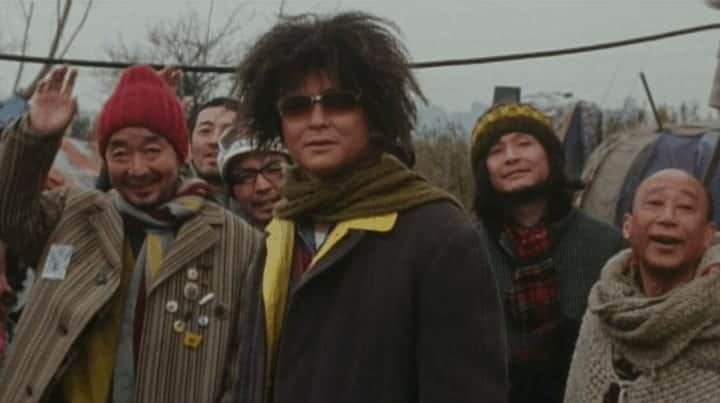
With the violence being non-existent, Miike directs a kind of an idealist fairy tale, where the poor are kind and good and the rich distinctly evil, in an aspect that seem to criticize harshly the importance people place on money. On a secondary level, he deals with the concept of family, stating that people who are not blood-related can also have strong familial bonds, although the concept of the “regular” family is also presented, through the Umemotos, whose catharsis for their past behaviour towards their children comes through their interaction with the inhabitants of Shangri-La and particularly the Mayor. (Panos Kotzathanasis)
3. Over Your Dead Body (2014)
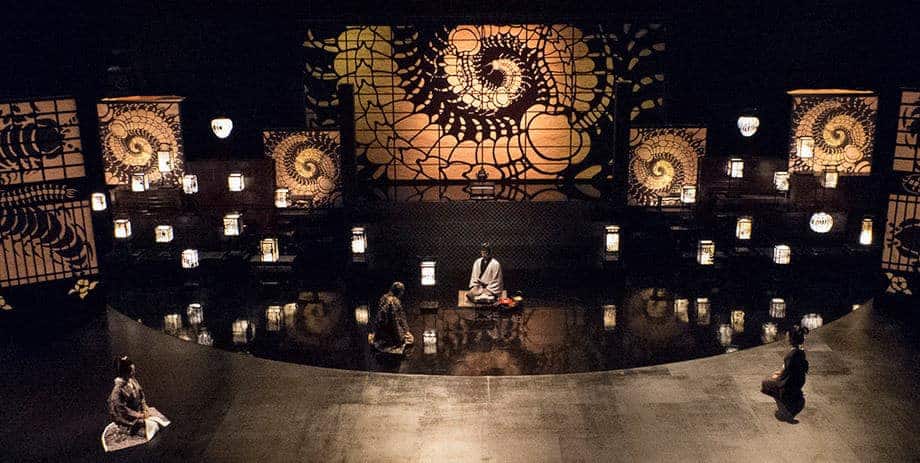
Takashi Miike directs a horror film that moves on two axes. The first is the actual life of the actors, including the intrigues among them in the rehearsals, and the second is the actual play, with the borders between the two becoming blurry after a while. The horror element is subtle in the beginning, but as the film progresses, it takes its usual place in Miike's pictures, with a number of grotesque scenes (including one which is very difficult to watch, regarding a woman performing an abortion on her own) and bloodbaths. (Panos Kotzathanasis)
4. Ninja Kids (2011)
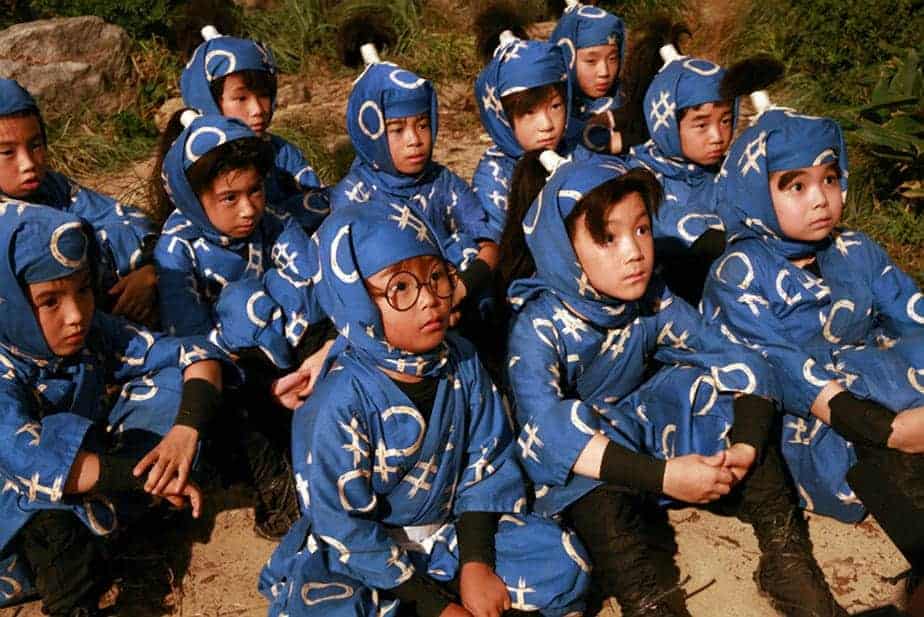
the film is filled with absurdity, slapstick but also disgusting humor (snot running, shit stepping, farting) and most of all crudity, which seems to be addressed almost specifically at children (particularly because it lacks any kind of layer or intricacy). The characters follow on the same footsteps, headed by Okawa, Yamada, Shina (a woman of non-discernible age that appears either as a very old lady or as a very beautiful young woman) the ninja-turned hairdresser, Yukitaka, and all the villains, who look hilariously ridiculous, again in slapstick fashion. (Panos Kotzathanasis)
5. Ichi the Killer (2001)
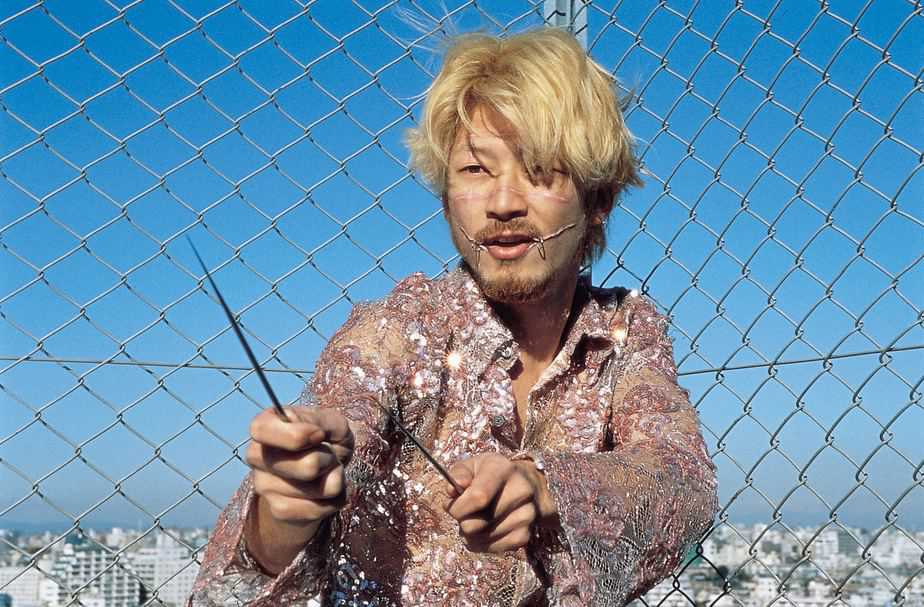
Takashi Miike has largely based his filmography on the exploration of humans' darkest instincts and the graphic depiction of violence resulting from them. “Ichi the Killer” is a characteristic sample of this tendency and one of the most violent films ever shot. As the story revolves around a psychotic, extremely brutal killer and a sadomasochistic Yakuza underboss, Miike presents a movie where good, as a concept, is absent and every character seems to be paranoid. His aim is evident from the beginning of the movie; as violence is not simply a factor, it is the sole and ultimate goal. (Panos Kotzathanasis)


